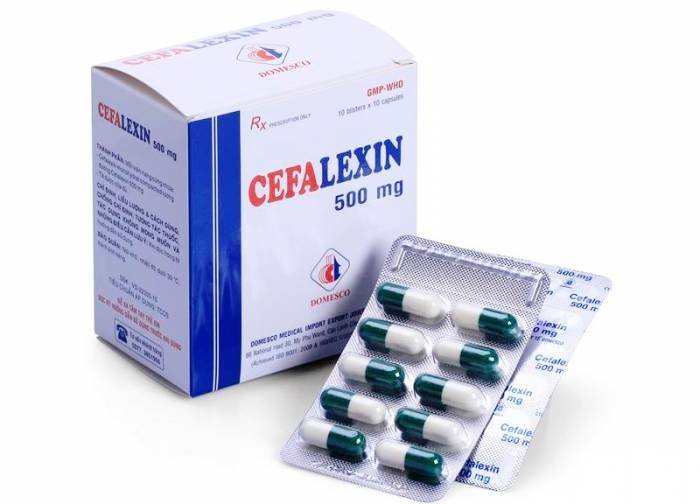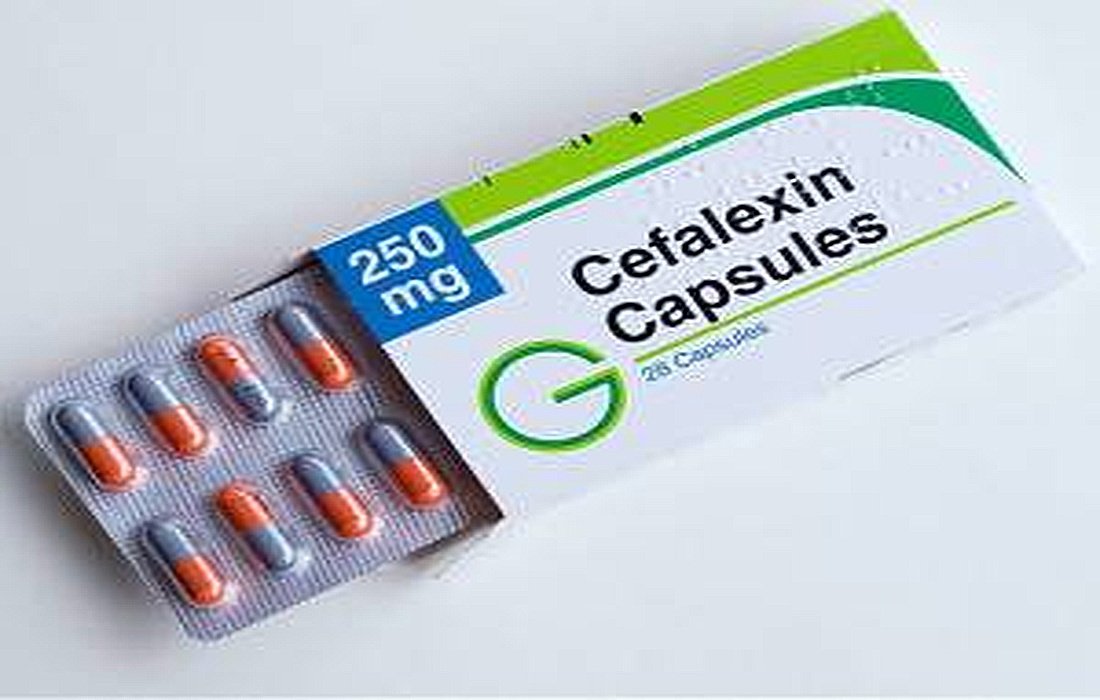Important information about the medicationCephalexin
Cephalexin is anantibioticthat fights bacteria in the body. Cephalexin is used to treat infections caused by bacteria, including upper respiratory infections,ear infections, skin infections, urinary tract infections, and bone infections.
If you are allergic to cephalexin or similar antibiotics like cefdinir, cefazolin, omniflox, cefixime, cefpodoxime, cephalexin, or…allergyyou should not use cephalexin.
If you are sensitive to various drugs, especially penicillin or other antibiotics, or if you have kidney or liver problems, or gastrointestinal issues such as colitis,diabetesormalnutritionand you use any blood-thinning medications, be sure to inform your doctor.
You must take cephalexin exactly as prescribed by your doctor. Your symptoms may improve before the infection is completely treated. Cephalexin will not treat viral infections likethe common coldorinfluenza.Cephalexin syrup contains sugar, which may be harmful to diabetic patients.
How to use cephalexin medication

As mentioned in the health section
of SelMagz, follow the instructions on the medication carefully and do not take more or less than the prescribed amount.Do not use cephalexin for conditions that your doctor has not recommended.Shake the cephalexin syrup well before measuring the dose and use measuring spoons. Forgetting to take this medication at the scheduled time increases the risk of subsequent infections.
Never suggest this medication to someone else, even if they have very similar symptoms.
If you are undergoing any other treatments, be sure to inform your doctor that you are using cephalexin. Store cephalexin tablets and capsules at room temperature, away from moisture, heat, and light.
Keep the syrup in the refrigerator. Discard any unused cephalexin syrup after 14 days.
What if I forget to take this medication?
Take it as soon as you remember, but if it’s close to the time for your next dose, wait and take your next dose. Do not take two doses at the same time.
What are the signs of an overdose of cephalexin?
Nausea

, vomiting,
abdominal pain,diarrhea, and blood in the urine are symptoms of a cephalexin overdose.What should be avoided during cephalexin use?Antibiotics can cause diarrhea, which is a sign of new infections. If you experience excessive watery and bloody diarrhea, be sure to inform your doctor.
Do not use anti-diarrheal medications until your doctor allows it.
Use of cephalexin in
pregnancy
and breastfeedingCephalexin is not harmful tothe fetus
but you should inform your doctor about your pregnancy to get the appropriate dosage.This medication passes into breast milk and reaches the baby, so be sure to inform about breastfeeding as well.Side effects of cephalexin
If you have symptoms of allergic reactions, be sure to inform your doctor;

hives
,shortness of breath, swelling of the face, lips, tongue, or throat.If you experience any of the following symptoms, contact your doctor:severe abdominal pain, watery or bloody diarrhea
jaundice (yellowing of the skin and eyes)
- sudden bruising, abnormal bleeding (nose, mouth, vagina, or rectum), purple or red spots under the skin
- little or no urination
- confusion, restlessness, hallucinations
- severe skin reactions, fever, sore throat, swelling of the face or tongue,
- swelling under the eyes
- , widespread paleness (especially on the face or upper body).Common side effects of cephalexin:diarrhea
dizziness
- , feeling tired
- headache, joint pain
- itching and vaginal dischargeRare side effects of cephalexin:
- chills

skin sagging
- cough
- clay-colored stools
- weakness
- headache
- joint pain
- pale-colored stools
- eye sensitivity and redness
- white spots inside the mouth or on the lips
- breath with an unpleasant odor
- body aches or
- back pain
- bleeding gumsbloating
- blood in stools or urine
- coughing up blood
- chest pain
- fast
- heartbeat
- swelling all over the bodyincreased menstrual bleeding
- increased thirst
- swelling of the genitals
- painful urination
- pale skin
- prolonged bleeding from cuts and wounds
- swelling of glands
- urine
- dark or red
- chest tightnessrapid weight lossunusual
- acid reflux
- anxietydry mouth
- difficulty moving
- indigestion
- irritation
- anxiety
- sleep problems
- skin redness
- white or brownish vaginal discharge
- Drug interactions of cephalexin
- Metformin
- , probenecid, blood-thinning medications may all interact with cephalexin. Other medications, including over-the-counter drugs, vitamins, and herbal products may also interact with cephalexin.

Other notes and additional information
Be sure to keep this medication out of the reach of children. Never prescribe it to anyone else.Cephalexin antibiotic
Cephalexin is used to treat infections
Applications of cephalexin







